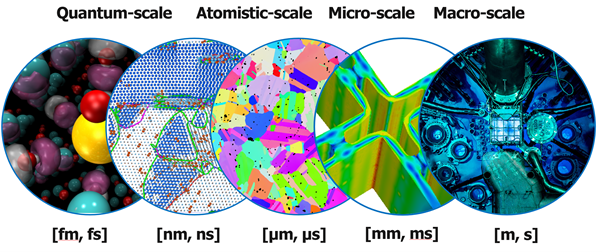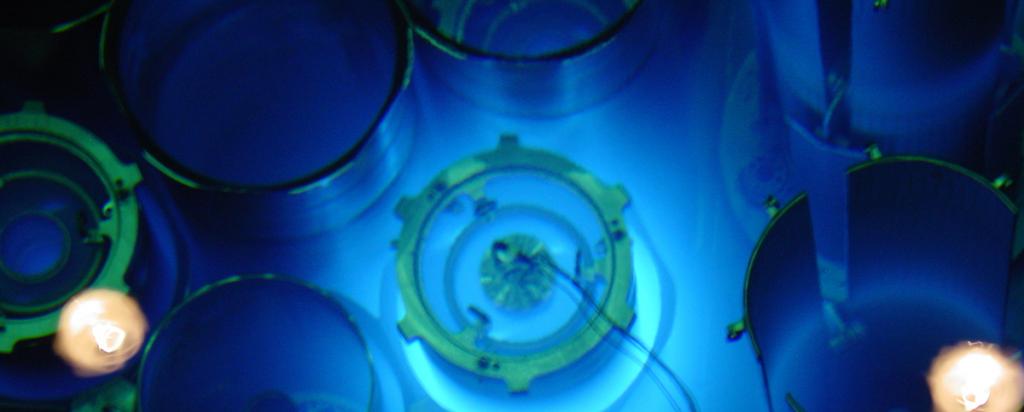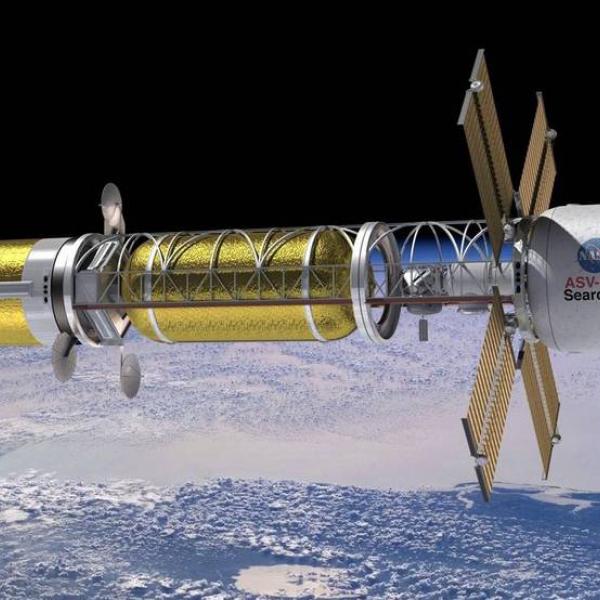

Reactor systems
ANSTO’s Reactor Systems research group employs experimental and multi-scale multi-physics numerical techniques to develop an in-depth understanding of materials' behaviour during manufacturing and under extreme operating conditions
Australia is a part of the Generation IV International Forum (GIF), which is a cooperative international endeavour seeking to develop the research necessary to test the feasibility and performance of fourth-generation nuclear systems and to make them available for industrial deployment.
As a part of this effort, ANSTO works to maintain and develop a comprehensive understanding of all aspects of the peaceful applications of nuclear science including the development of novel nuclear technologies.

ANSTO’s Reactor Systems research group employs the ANSTO’s state-of-the-art experimental techniques (synchrotron, neutron, and microscopy) to build a multi-scale understanding of materials behaviour in extreme operating conditions of the current and future nuclear reactor systems, while also investigating novel manufacturing technologies.
ANSTO’s scientists combine experimental techniques with multi-scale multi-physics modelling approaches in order to predict material’s response in different operating conditions. This provides an understanding of not only materials behaviour and degradation, but also the ability to predict their service life —which ultimately impacts the safety, reliability, and overall economic viability of any engineering system.
The research group has knowledge of materials behaviour and degradation that is being readily transferred to various Australian industries, such as defence, space, and conventional as well as renewable energy-generation industries.
ANSTO’s Reactor Systems research group works on a number of industry-funded projects focused on the development of multi-scale multi-physics numerical simulations of manufacturing processes, and the development of materials for extreme environments.



